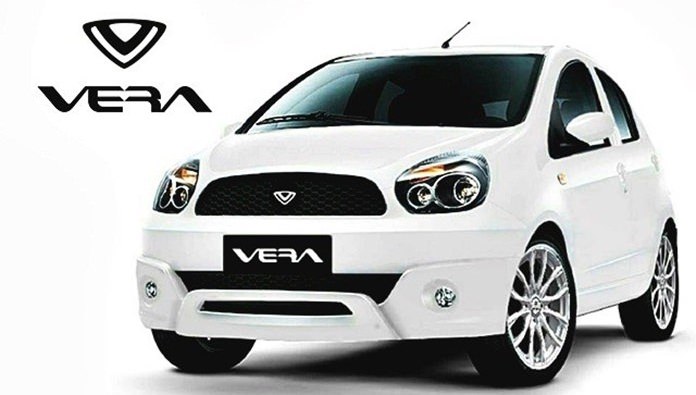
When I am sent details on a new car, invariably there are figures for acceleration, top speed and CO2 emissions. Not being a greenie or tree hugger myself, I am not interested, but I was interested in the fact that Carlos Ghosn was backing me up.
He has said recently, “People in general, 95 percent of the people are not interested so much into the technology behind a car, don’t care so much if it’s a diesel or gasoline engine, a hybrid, a plug-in hybrid electric car, they don’t care so much about it. A consumer thinks about the car, about functionality, design, status, brand, price, cost of ownership, resale value. That’s it. They think about that and then, as long as the electric car doesn’t fit this equation, it’s not going to become mass-marketed.
“I’m looking at the total cost of ownership of the car… which means that people say, ‘Yes, sure, we want it, but it has to be competitive, it has to fit our criteria’.”
Ghosn said Australia needs enticements from government, similar to what the newly-formed Electric Vehicle Council is proposing, for EV sales to really take off. (In fact, all EV manufacturers need enticements for the car buying public.)
He continued, saying, “So here, in order to be mass-marketed we need support from governments,” he said. “We need a collaboration between the public sector and the private sector in order to bring environmentally friendly products because there is another attribute also to the consumer.
“So it’s not going to be a consumer-driven revolution. It has to be a technology and government-driven revolution.”
EV and hybrid sales in Australia make up less than one percent of the overall market, which heavily favors petrol power and diesel engines.
“Look at diesel,” he said. “In the United States, zero percent of the cars are diesel. In Japan, zero percent of the cars are diesel. In Europe, 50 percent of the cars are diesels, but the car manufacturers are the same.

“Why? Because the European governments have supported diesel for many years and that put a lot of incentive, but the consumer follows.
“Not that the consumer likes diesel or doesn’t like diesel, he’s just looking, again, at price, total cost of ownership, resale value, acceptability, etc., and he makes a decision. We need to do the same thing for electric cars.
“It’s happening in China, it’s happening in Japan, it’s happening in many countries and I think this is going to help us and bring much more cost effective electric cars because the scale is going to increase and with the scale changes a lot of things.”
Ghosn predicts that the changeover to EVs is inevitable, spurred by stricter emissions and CO2 standards established by the onset of climate change.
“I don’t think the revolution is going to be done rapidly,” he said. “I think it’s going to take a lot of time, but the main driver of the electric cars is going to be the emission.
“Many countries sign the planet change pact. The planet change pact means that a lot of countries are going to have to drastically reduce their emission.
“So no matter what the federal government is going to do, we are all going to continue to develop the technology and the product in order to fit the most demanding market.”
Ghosn said new EV technology is being developed to lower the cost of entry, as well as eliminate range anxiety, likening its progress to the evolution of the mobile phone. First released as a bulky, heavy device, the mobile phone quickly evolved and shed many of its shortcomings, “same thing is going to happen with electric cars,” Ghosn said.
A few weeks ago, the Automotive Focus Group examined the Vera EV, designed by a Thai university consortium. At the time it appeared that there was very little incentive to build the Vera EV here in Thailand.




